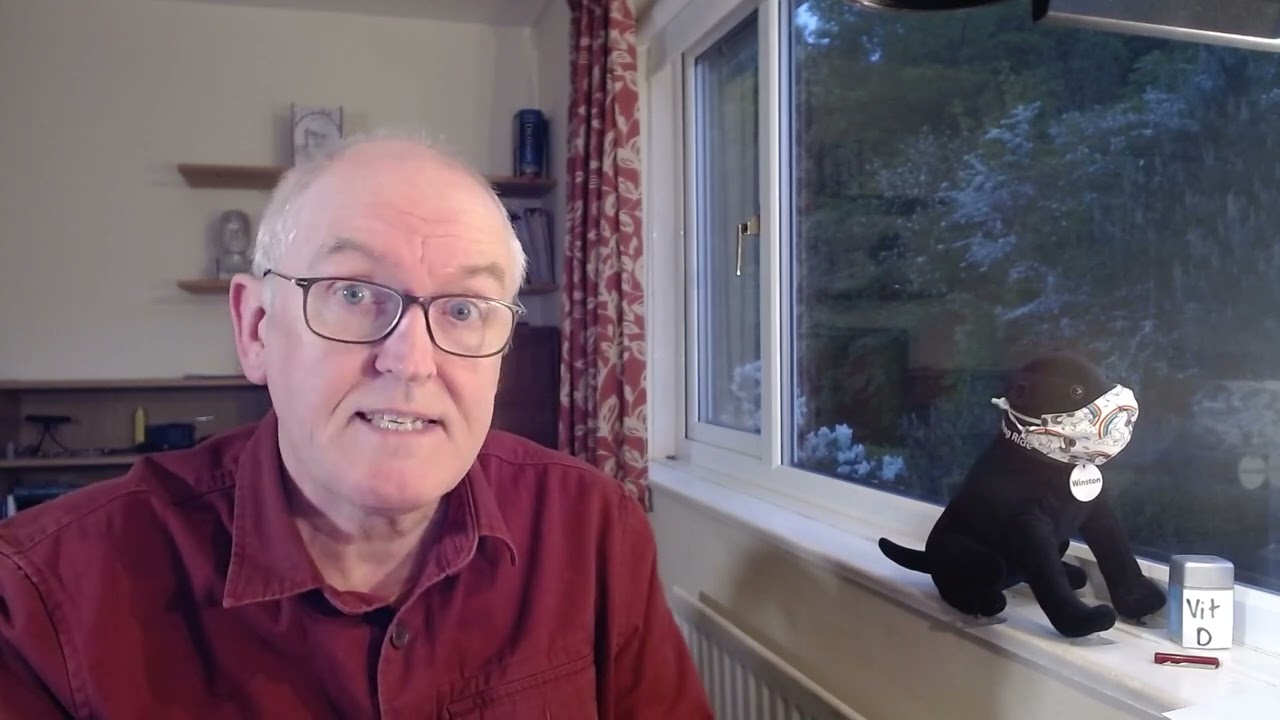Duration of Antibody Responses after Severe Acute Respiratory Syndrome (2007)
https://www.ncbi.nlm.nih.gov/pmc/articles/PMC2851497/
n = 176
SARS-specific antibodies were maintained for an average of 2 years
Significant reduction of immunoglobulin G in the third year
Covid-19: Do many people have pre-existing immunity?
https://www.bmj.com/content/370/bmj.m3563
But T cell studies allow for a substantially different, more optimistic, interpretation.
SARS-CoV-2-specific T cell immunity in cases of COVID-19 and SARS, and uninfected controls (Nature, 2020)
https://pubmed.ncbi.nlm.nih.gov/32668444/
n = 36
In all of these individuals, we found CD4 and CD8 T cells that recognized multiple regions of the N protein
Coronavirus nucleocapsid (N), structural protein that forms complexes with genomic RNA
Patients (n = 23) who recovered from SARS (SARS-CoV-1 infection)
Possess long-lasting memory T cells, reactive, 17 years after 2003
These T cells displayed robust cross-reactivity to the N protein of SARS-CoV-2
Epitope characterization of specific T cells showed the recognition of protein fragments that are conserved among animal betacoronaviruses
Persistent Cellular Immunity to SARS-CoV-2 Infection
https://www.biorxiv.org/content/10.1101/2020.12.08.416636v1
Introduction
Cellular and humoral immune responses to infection
Antibody responses include most of the structural proteins expressed
by the virus
Neutralizing antibodies directed primarily to the receptor binding domain of the
spike
Lymphopenia is a prominent feature of severe infection
During acute infection, T cells displayed a highly activated cytotoxic phenotype
Convalescent patients harbored polyfunctional SARS-CoV-2-specific T cells,
that display a stem like memory phenotype
Cross-reactivity with seasonal/common cold coronaviruses
May be associated with a milder clinical course
Coronaviruses, levels of persistent Immunity
Four seasonal coronaviruses, immunity 6 to 12 months
Immune response in recovered individuals, measured T cell responses
Paired samples, average of 1.3 months and 6.1 months after infection
N = 41 individuals
63.4% male and 36.6% female
24-73 years old
Various disease severity, skewed to mild
Recovered individuals show persistent polyfunctional SARS-CoV-2 antigen specific memory
Could contribute to rapid recall responses
Recovered individuals
Enduring immune alterations and numbers
CD4+ T cells (helpers)
CD8+ T cells (cytotoxic)
Summary
Broadly reactive and highly functional memory T cell responses
Persist 6 months after infection
Enduring immune alterations in CD4+ and CD8+ T cells compartments.
Specific circulating T cell numbers goes down over 6 months
SARS-CoV-2 infection induces long-lived bone marrow plasma cells in humans
https://www.nature.com/articles/s41586-021-03647-4
Long lived bone marrow plasma memory cells
Convalescent individuals have a significantly lower risk of reinfection
Patients who experienced mild infections (n=77)
Spike (S) antibodies decline rapidly in the first 4 months after infection
Then more gradually over the following 7 months
Remaining detectable at least 11 months after infection
Bone marrow aspirates, S-specific BMPCs
18 SARS-CoV-2 convalescent patients 7 to 8 months after infection
7 to 8 months after infection
5 patients 11 months after infection
7 to 8 months no S-specific plasma blasts
11 healthy subjects with no history of SARS-CoV-2 infection
We demonstrate that S-binding BMPCs are quiescent, indicating that they are part of a long-lived compartment.
Overall, we show that SARS-CoV-2 infection induces a robust antigen-specific, long-lived humoral immune response in humans.
Immunity may persist
Scott Hensley, immunologist, University of Pennsylvania
The papers are consistent with the growing body of literature that suggests that immunity elicited by infection and vaccination for SARS-CoV-2 appears to be long-lived
The reason we get infected with common coronaviruses repetitively throughout life might have much more to do with variation of these viruses rather than immunity
Michel Nussenzweig, immunologist, Rockefeller University, New York
People who were infected and get vaccinated really have a terrific response, a terrific set of antibodies, because they continue to evolve their antibodies
I expect that they will last for a long time
Boosters doses?
Probably for those only vaccinated
That’s the kind of thing that we will know very, very soon
Source
